The competition at the 78th Cannes Film Festival could not have got off to a better start. Sound of Falling, the second film directed by the German Mascha Schilinski, is an atmospheric cinematic monument which, without affectation or pretentiousness, immerses us in a convulsive century, through the portrait of several generations of women, belonging to the same family, anchored in one way or another to the same space, the Altmark farm by the river Elbe, whose visit inspired the director. The four protagonists, among a considerable cast of actors, have the quality of being singular and at the same time sharing the imprint of history, of pain, of the mystery that surrounds life and death. With their voice-overs, which reveal without redundancy the nooks and crannies of a narrative administered with great economy, in different ages and personal situations, they achieve the miracle of weaving a coherent and disturbing panopticon, in which the intrinsic mentality of each era and the cultural roots of their behaviour are superimposed on the archetypal reality of the genre, its servitudes and social limitations.
The film, whose working title was The Doctor Says I’ll Be Alright, But I’m Feelin’ Blue, is a document of collective history, whose discourse is shown sensorially, through the bodies of its characters, with the result of transmitting from the first scene —starring Erika (Lea Drinda)— a sense of discomfort and empathy that will not leave us in the two and a half hours of footage. The physical and emotional pain that nestles in the kitchen, the barn or the attic of the house is anchored to objects such as photographs of the deceased, but also to people, who hide it, self-justify it or process it differently, without this ceasing to exist or weakening the conscious or unconscious traumatizing power of the memory.
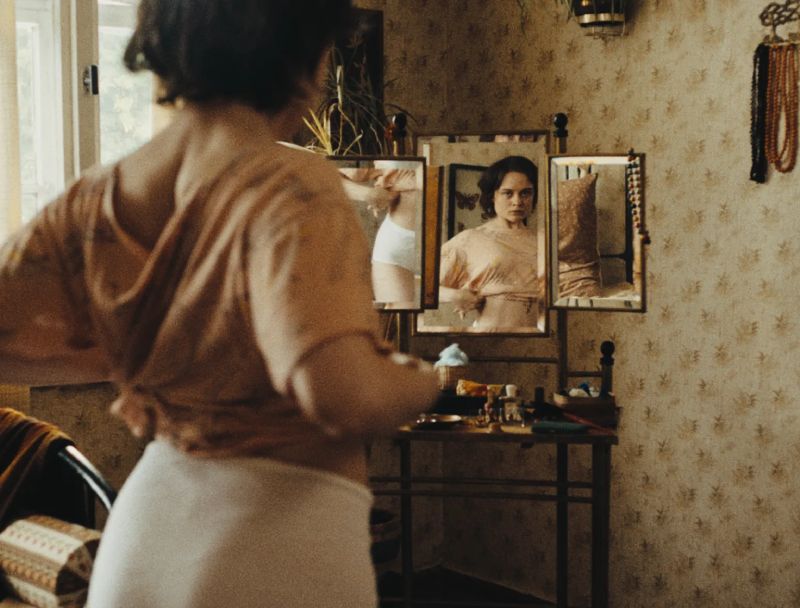
With an austerity that at times recalls the Prussian and anticipatory rigidity of The White Ribbon (Michael Haneke, 2009), Schilinski, who took five years to complete the project and 34 days to shoot it, manages to bring us close to his protagonists unconditionally, not for nothing that the casting process lasted a whole year. The alternation of the different stories and the dosage of the information always prioritise the effect over the data, in other words, we feel and then we find out. This is the same process that the youngest of the four protagonists —Alma (nine-year-old Hanna Hecktla)— gradually discovers the complete picture that the fragmented signals did not allow her to see. A meticulous script, co-written with Louise Peter, creates an immediate curiosity, only to feed it with more mystery, with consequences rather than causes, Sound of Falling transpires death, despair in constant struggle with acceptance, real and figurative amputation, where phantom limbs haunt for eternity.
The four stories could represent different films, but the thread that binds them together is more than a cohesive element, it is a revealing one, profoundly over-emphasising the enigmas they confront.
The brilliance of this ambitious and yet successful film owes much to the extraordinary cinematographic texture of cinematographer Fabian Gamper, who manages to make us see time with the materiality of suspended dust, of hot summer air, of rooms that convey anguish, stagnation and both the death drive and the guilt of staying alive. The farmhouse is not a haunted place, where the ghosts of the past terrorise their successors, but a place that represents personal, family, generational and even national trauma. The space functions as a stage where the outside world finds its reflection through the consequences for its female inhabitants. And not only the farm, because the presence of the river with all its symbolism is equally charged with meaning and mortal threat. Angelika (Lena Urzendowsky), in a Germany divided by this natural border, Lenka (Laeni Geiseler) in her first encounter with loss in the 21st century, and Erika, terrified at the liberation of Nazi Germany, plunge into the waters of the Elbe in anxiety.
In Sound of Falling we listen to the rain without seeing it, we accept its rawness and its poetry, we embrace the archetype and the singularity of a film whose imprint on the viewer is immediate and irreversible.

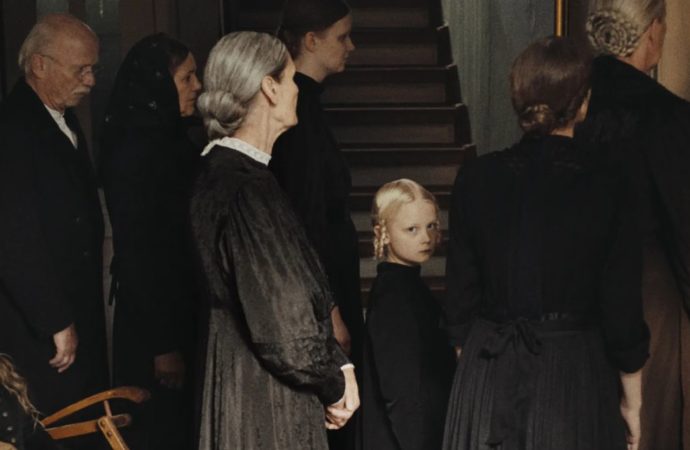

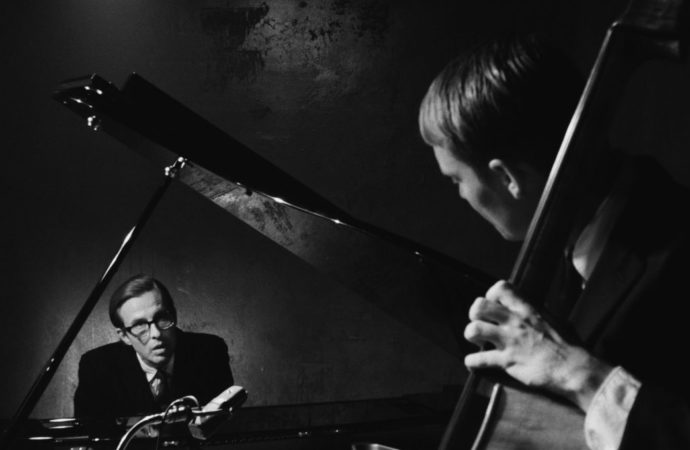
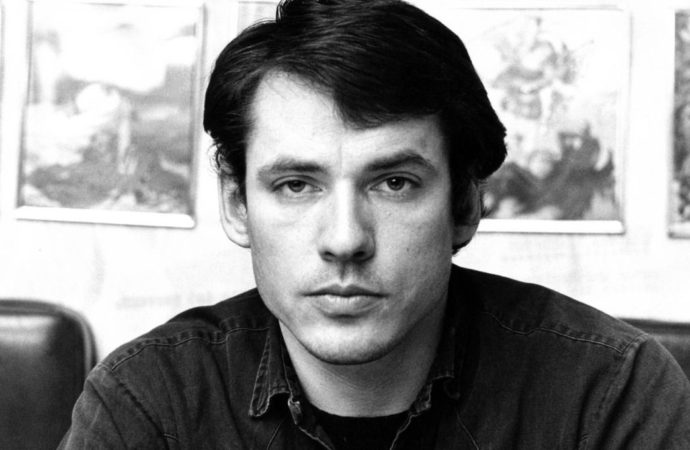
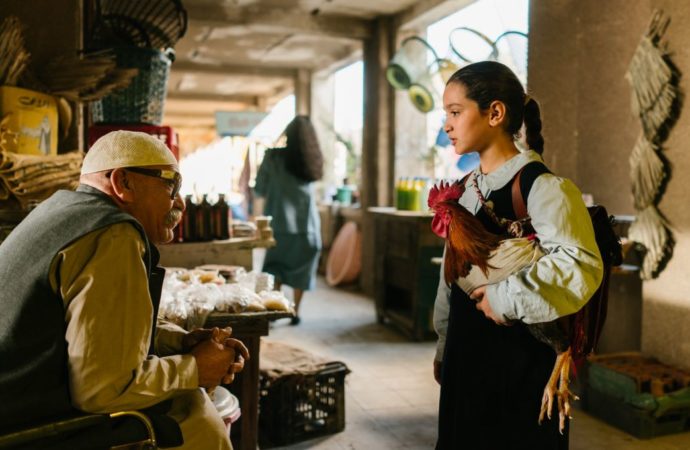
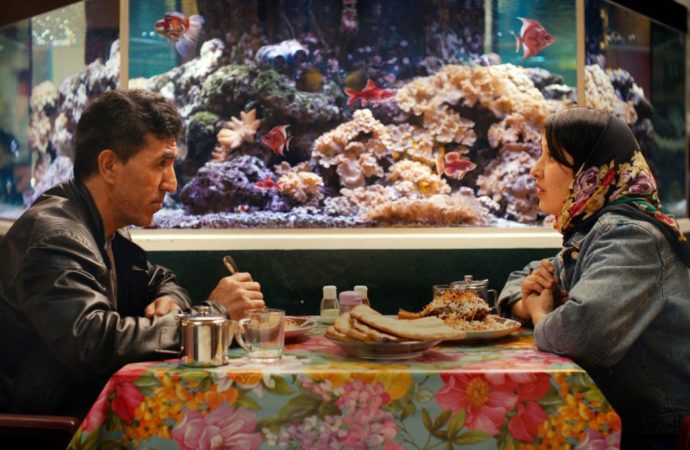

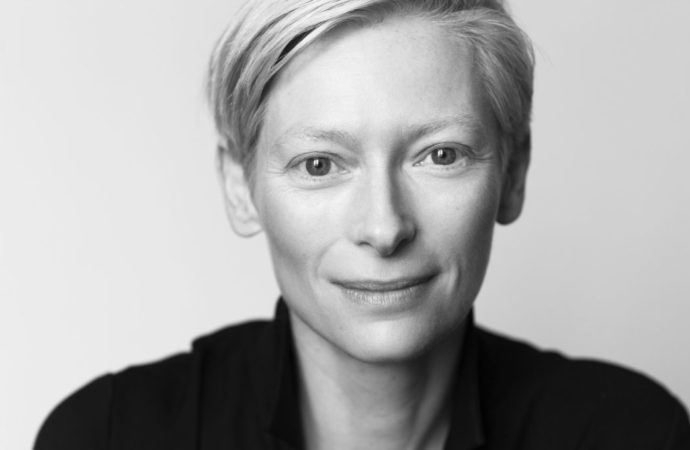
No one has posted any comments yet. Be the first person!